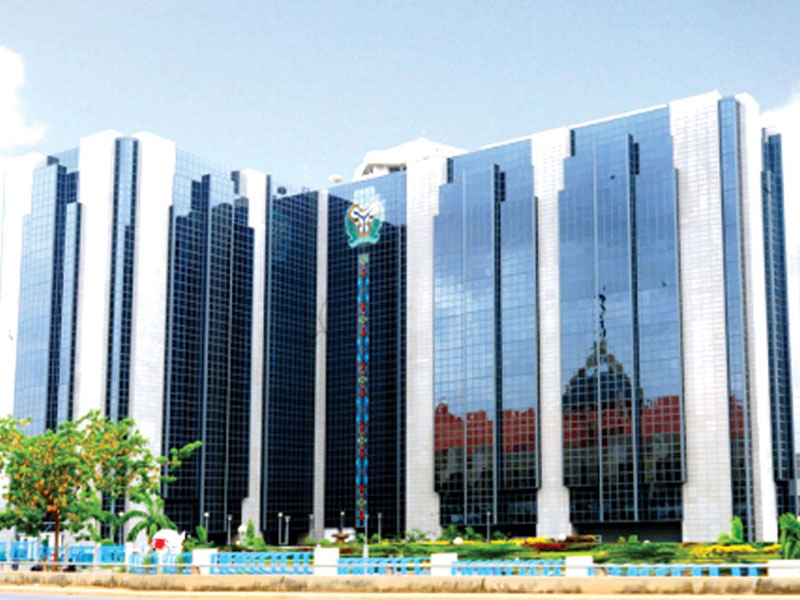The Central Bank of Nigeria, CBN, has decided to reduce charges applicable on electronic bank transactions for account holders across the country. Acc
The Central Bank of Nigeria, CBN, has decided to reduce charges applicable on electronic bank transactions for account holders across the country. According to the CBN, the withdrawal fee charged for the use of other banks’ Automated Teller Machines has been slashed to N35 from N65. The new N35 ATM fee is to be imposed on customers after the third withdrawal within one month.
The CBN revealed further that bank customers will now pay N10 for electronic transfers below N5,000, and N25 for electronic transfer between N5,000 and N50,000. Only electronic transfer above N50,000 will attract N50 charge, it added. The new guide also confirmed the removal of Card Maintenance Fee (CAMF) on all cards linked to current accounts, a maximum of one Naira per million for customer induced debit transactions to third parties and transfers or lodgments to the customers’ account in other banks on current accounts only. CAMF is however not applicable to savings account.
On credit and debit card charges, the CBN placed the charges at N1,000 one-off charge, adding that the same charge applies irrespective of card type – regular or premium card. For replacement and renewal, the same charge applies irrespective of the card type, the CBN added. The CBN also noted that SMS alert is mandatory but a customer may choose not to receive it.
For reactivation and closure of accounts, whether savings, current or domiciliary, the CBN said that there would be no charge. Similarly, there is no charge for mandatory monthly issuance of statement of account on current and savings accounts. However, for special request for statement of account, including request in a manner other than agreed on mandatory issuance, there is a maximum charge of N20 per page.
The CBN disclosed also that for cards linked to savings account, the maintenance fee has been reduced to a maximum of N50 per quarter from N50 per month amounting to only N200 per annum instead of N600. Furthermore, status enquiry at the request of the customer (like confirmation letter, letter of non-indebtedness and reference letter) will now attract a fee of N500 per request.
The CBN said it reviewed the Guide, in order to align with market developments.
A penalty of N2,000,000 per infraction or as may be determined by the CBN from time to time for financial institutions that breach any provision of the guide was also stipulated in the new Guide. This, the apex bank said, is put in place to guard against excess, unapproved or arbitrary charges by banks and other financial and non-bank institutions. Failure by any bank to comply with CBN’s directive in respect of any infraction shall attract a further penalty of N2,000,000 daily until the directive is complied with or as may be determined by the CBN from time to time, the guide stated.
To ensure compliance, the CBN directed banks to log every complaint received from their customers into the Consumer Complaints Management System (CCMS) in addition to generating a unique reference code for each complaint lodged, which must be given to the customer. Failure to log and provide the code to the customer amounts to a breach and is sanctionable with a penalty of N1,000,000 per breach.
It may however be reviewed from time to time to reflect changes in the business environment, the CBN said, while imploring financial services providers and their customers to acquaint themselves with the provisions of the Guide and be properly guided accordingly. The new guide, which replaces the Guide to Charges by Banks and Other Financial Institutions issued in 2017, takes effect from January 1, 2020.
